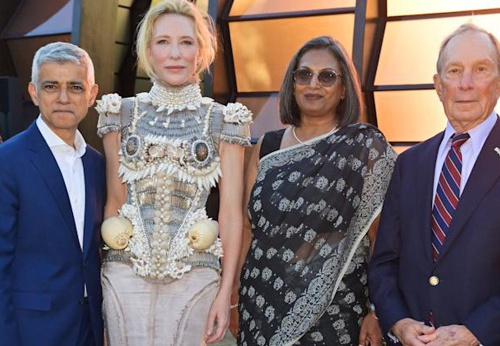Firstborn, middle, or youngest? Birth order affects children’s health
Being “last” compared to older siblings can reduce their sense of individual capability, especially if they consistently lag behind due to developmental gaps tied to birth order. This can become internalized, leading to a belief that their opinions matter less. Such a mindset can shape their entire life, influencing career choices and relationships.
Only Child Research shows only children are often more articulate, mature for their age, and easily adapt to adult environments. They excel at entertaining themselves, thinking creatively, and forming a distinct identity, having spent much of their childhood alone or interacting with adults. However, if only children grow up in families with serious issues, problems can arise, as siblings can act as a buffer against stress or harm—intentional or unintentional—caused by parents. Studies indicate only children, like firstborns, are more prone to anxiety and depression. Physically, being an only child (or the youngest) is linked to a higher risk of childhood and adult obesity.
May 9, 2025 | 6:44 am




